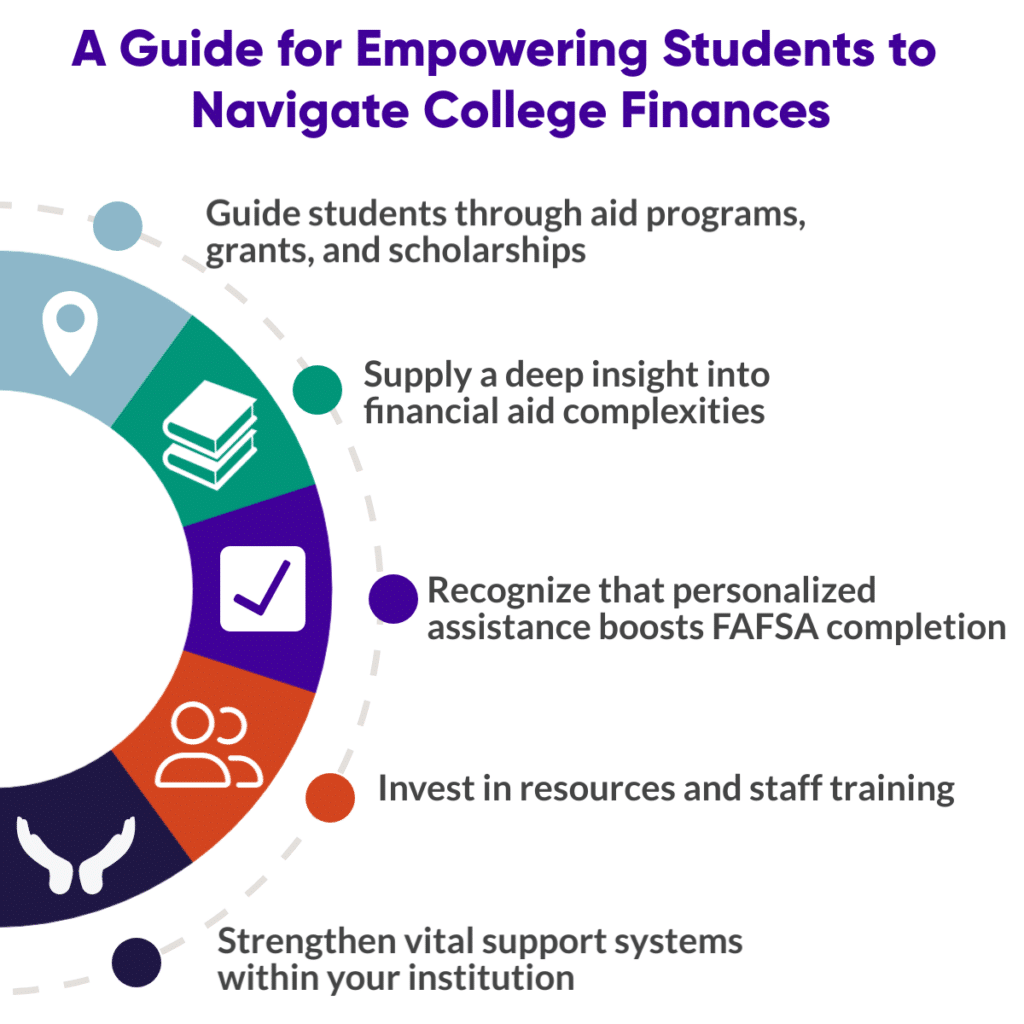
Introduction:
Embarking on the journey of higher education brings with it not only the promise of knowledge and personal growth but also the reality of financial considerations. For many students and their families, navigating the complex landscape of college expenses can be daunting. This is where the Free Application for Federal Student Aid (FAFSA) emerges as a crucial tool, serving as the gateway to not only federal aid but also unlocking a plethora of college scholarships. In this blog post, we’ll explore why FAFSA is essential in the pursuit of college scholarships and how it can significantly impact a student’s educational journey.
Understanding the Significance of FAFSA:
The FAFSA is not merely a bureaucratic formality; it is a powerful instrument that helps determine a student’s eligibility for various forms of financial assistance, including federal grants, loans, and work-study programs. However, its importance extends beyond federal aid to encompass a wide array of college scholarships offered by institutions, private organizations, and even individual donors. Here’s why FAFSA plays a pivotal role in the scholarship landscape:
- Baseline for Need-Based Scholarships:
a. Financial Need Assessment: Many scholarships, both institutional and external, take into account a student’s financial need when awarding funds. FAFSA serves as the primary tool for assessing this need, providing a standardized measure that scholarship committees can use to determine eligibility.
b. Demonstrating Financial Need: By completing the FAFSA, students provide a comprehensive snapshot of their family’s financial situation. This information is instrumental in showcasing financial need to scholarship providers who prioritize supporting students facing economic challenges.
- Institutional Aid and Merit-Based Scholarships:
a. Holistic Financial Picture: While some scholarships are need-based, others focus on academic achievements, extracurricular involvement, or specific talents. Nevertheless, institutions often consider a student’s entire financial profile, which includes the data supplied through the FAFSA.
b. Access to Institutional Aid: Colleges and universities often use the FAFSA to determine eligibility for their own institutional aid and merit-based scholarships. Therefore, even if a student is not seeking federal aid, completing the FAFSA is essential to unlocking potential scholarships offered directly by the educational institution.
- State and Private Scholarships:
a. State Funding: Some states use FAFSA information to determine eligibility for state-sponsored scholarships and grants. These funds can significantly alleviate the financial burden of college tuition and expenses.
b. Private Scholarships: Numerous private organizations, foundations, and individuals offering scholarships may also require FAFSA completion. Providing a comprehensive financial overview through the FAFSA can bolster a student’s application and increase the chances of being awarded private scholarships.
- Accessible Financial Aid Resources:
a. Federal Aid Accessibility: Completing the FAFSA is a prerequisite for accessing federal financial aid programs, including Pell Grants and subsidized or unsubsidized student loans. These resources can play a vital role in making higher education financially feasible for many students.
b. Work-Study Opportunities: FAFSA eligibility can open the door to work-study programs, allowing students to gain valuable work experience while earning money to help cover educational expenses.
Conclusion:
In the intricate landscape of financing higher education, FAFSA stands as a linchpin, connecting students to a myriad of financial aid opportunities, including college scholarships. By completing the FAFSA, students not only gain access to federal aid programs but also position themselves as eligible candidates for a wide range of scholarships. The information provided in the FAFSA creates a comprehensive financial portrait, offering scholarship committees insights into a student’s economic background and need.
As students and families embark on the college application journey, it is imperative to recognize the integral role that FAFSA plays in the pursuit of scholarships. By embracing this process and understanding its broader implications, students can maximize their chances of securing financial assistance and turning their academic aspirations into a tangible reality. The completion of the FAFSA is not just a bureaucratic step; it is a strategic move toward unlocking the doors to educational opportunities and ensuring that every student has the chance to pursue their dreams, regardless of financial constraints





